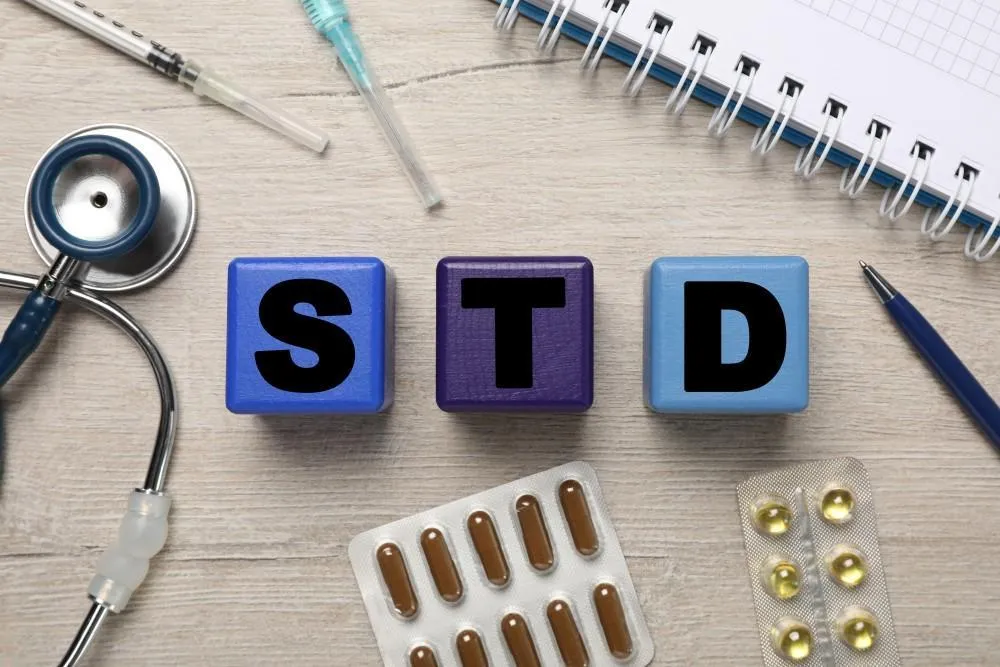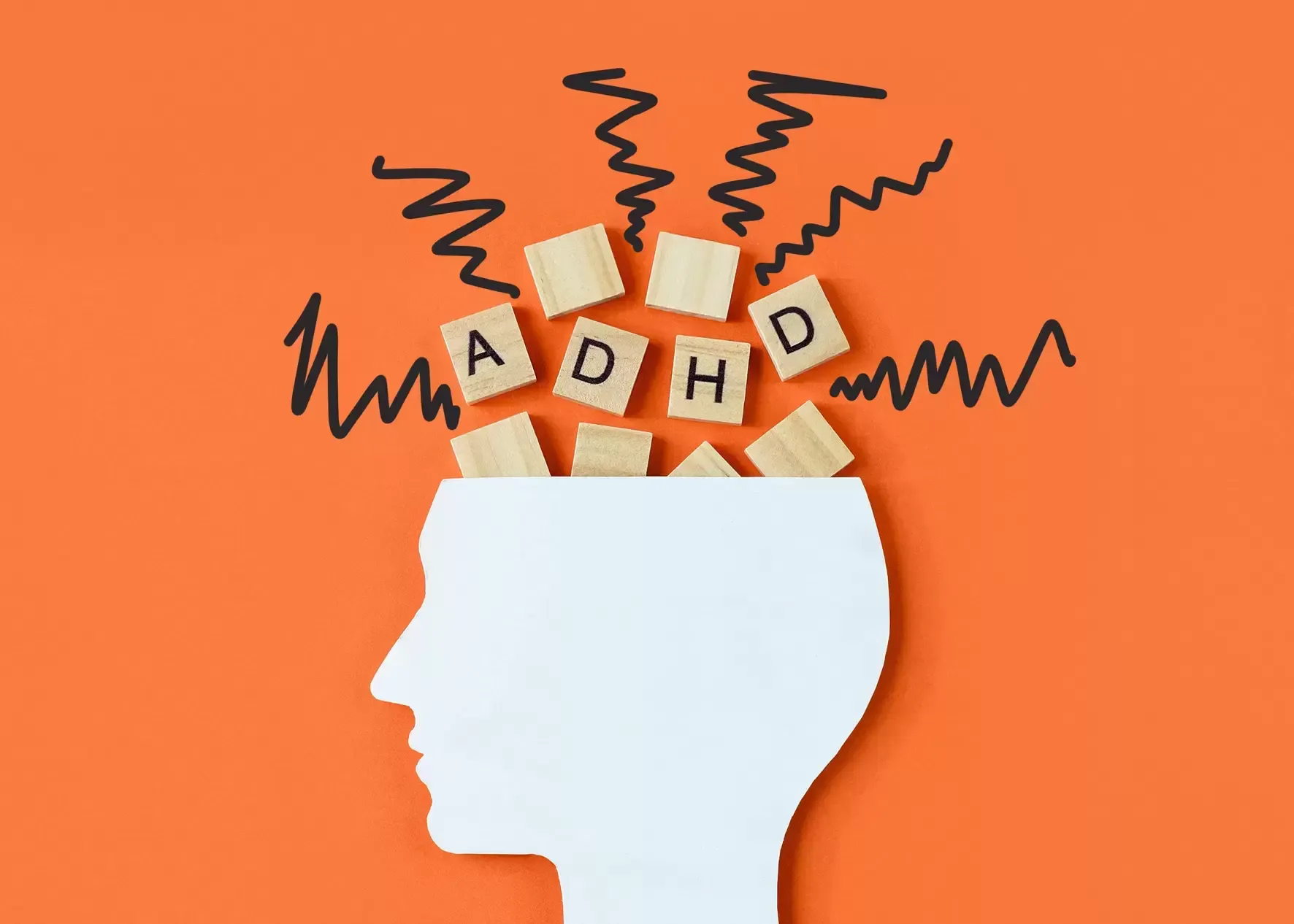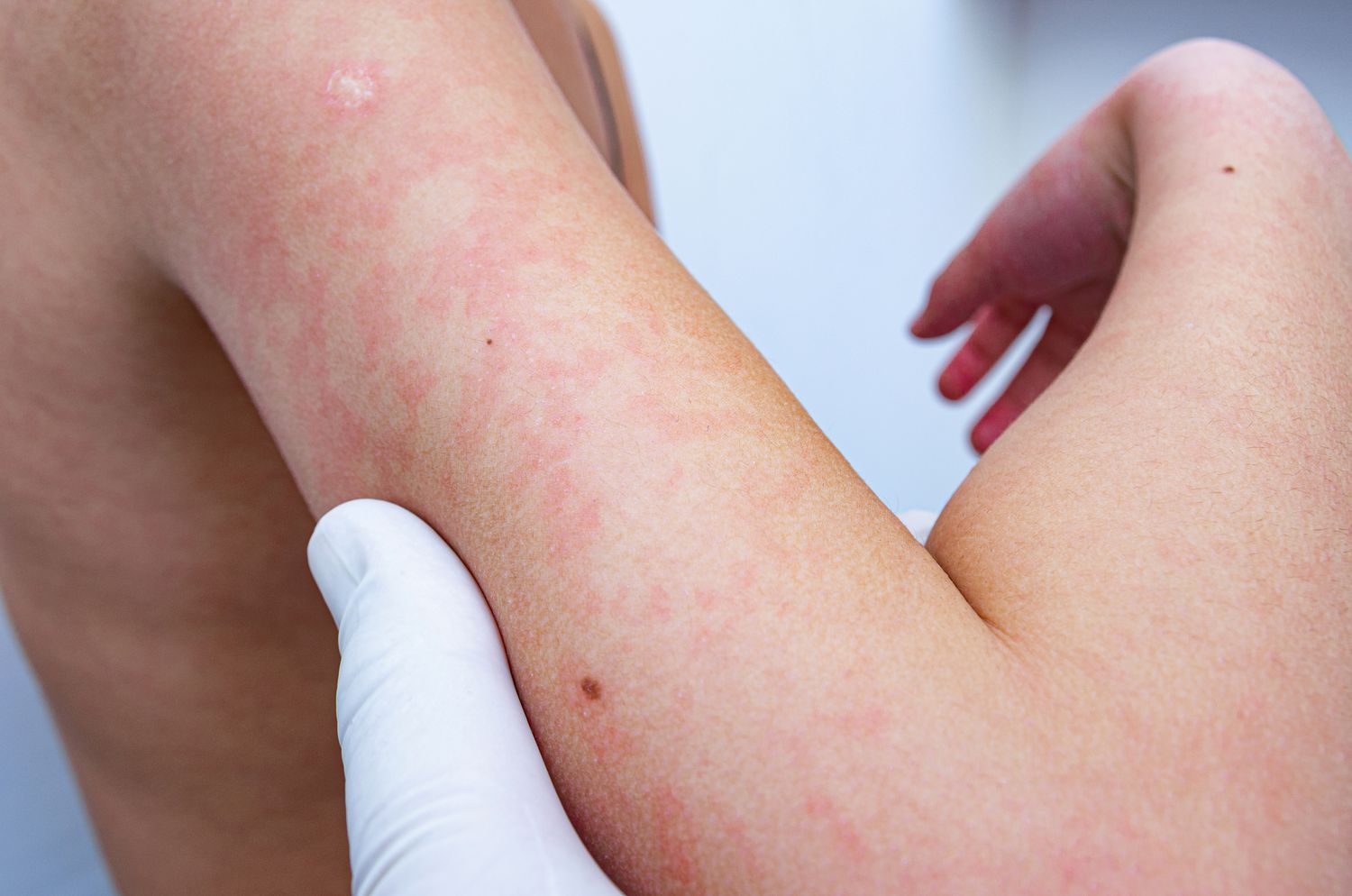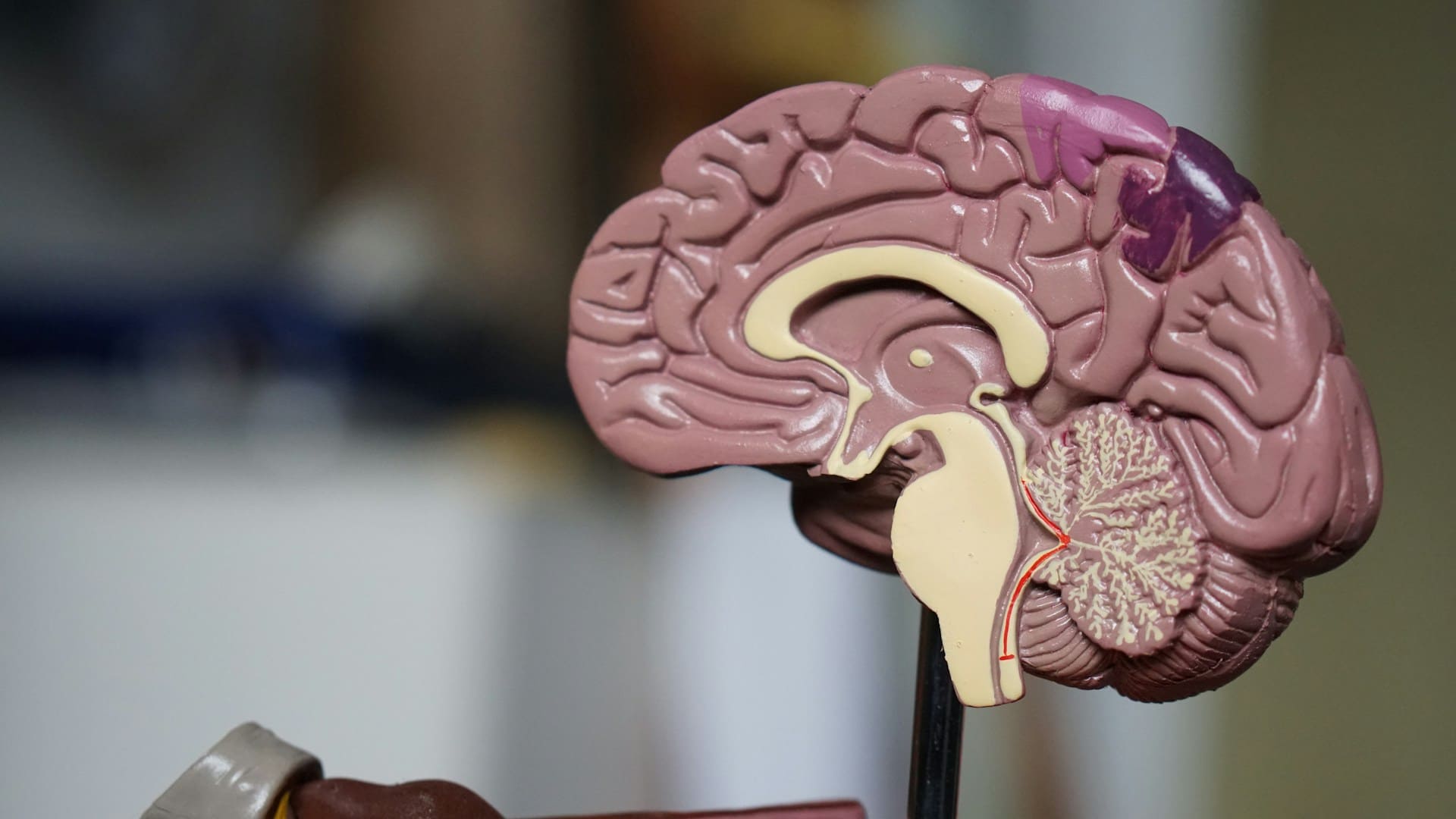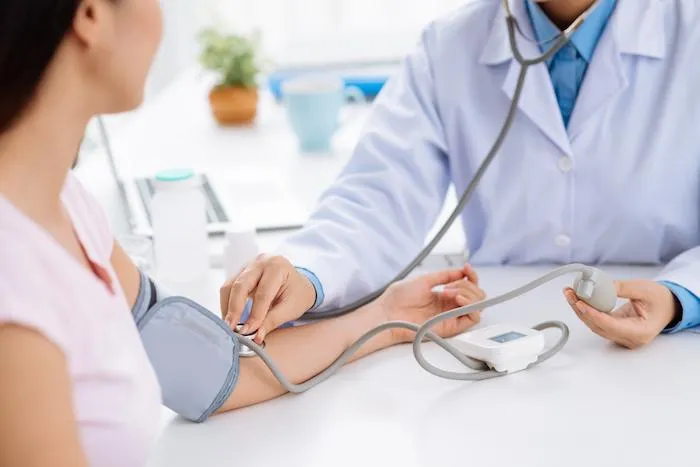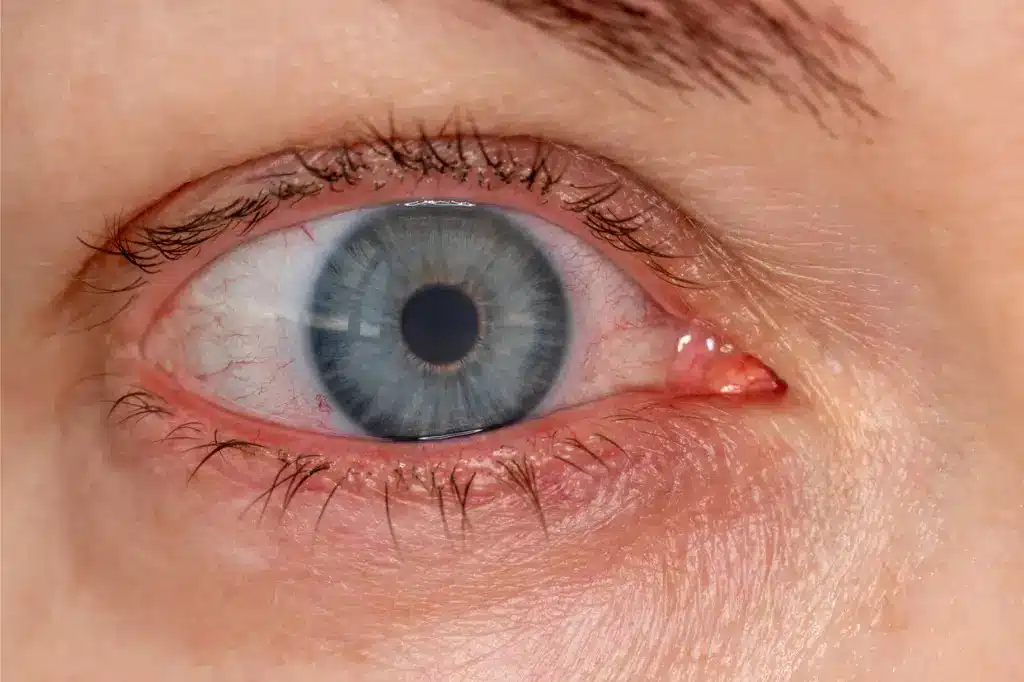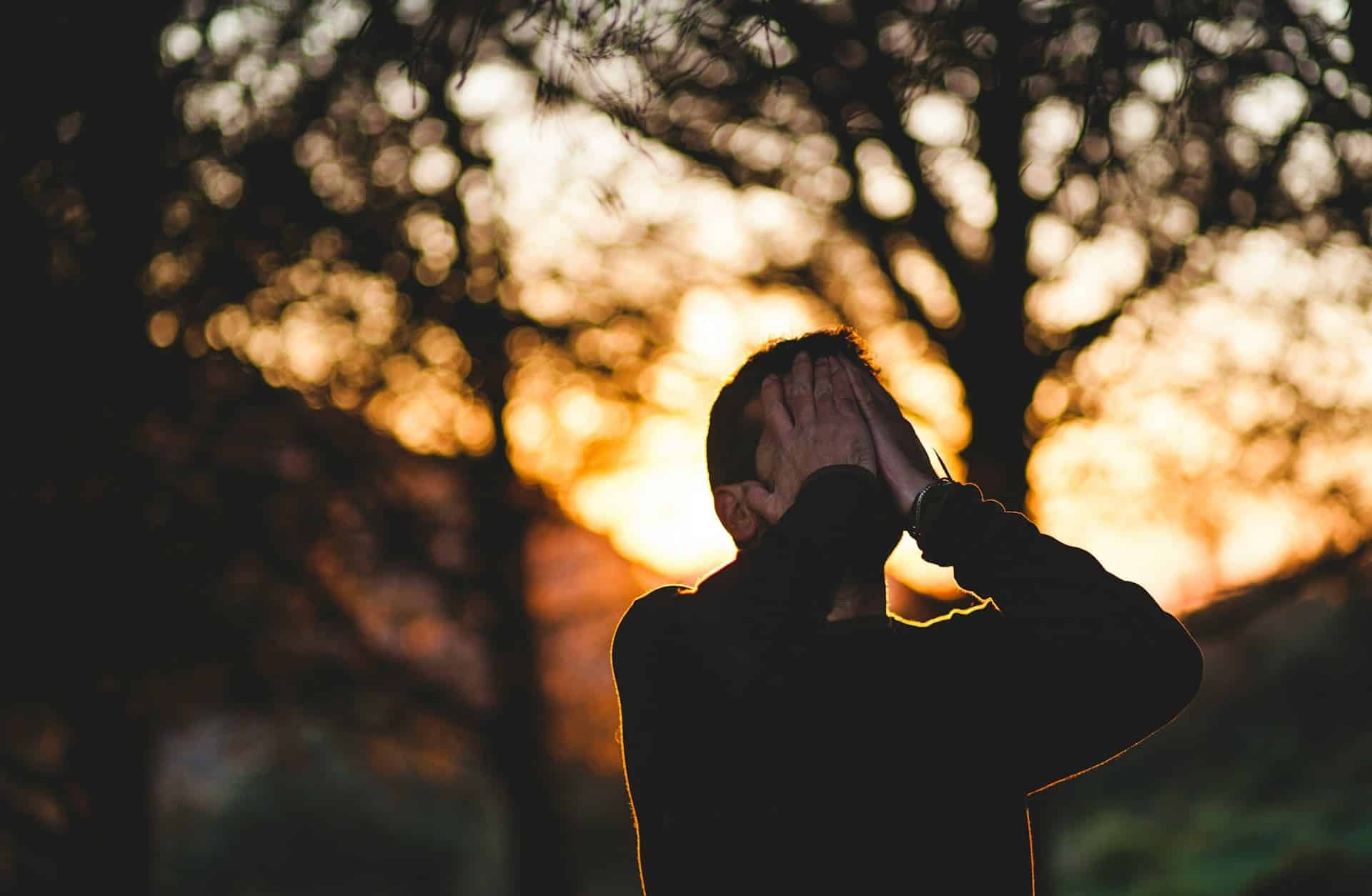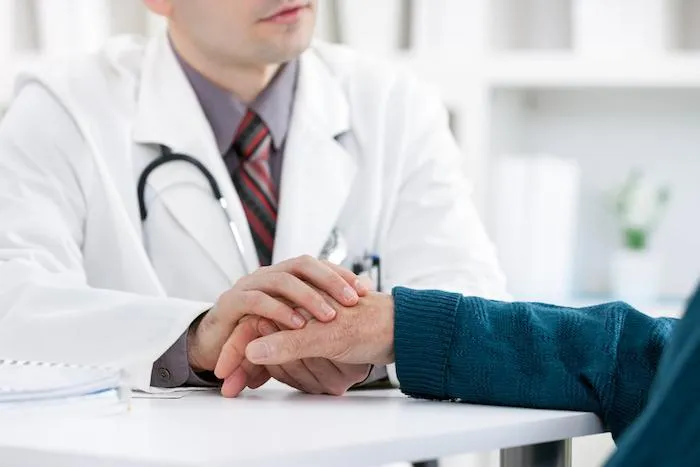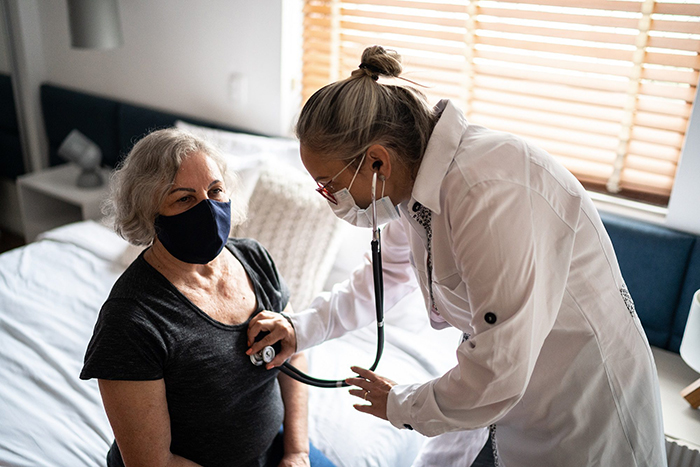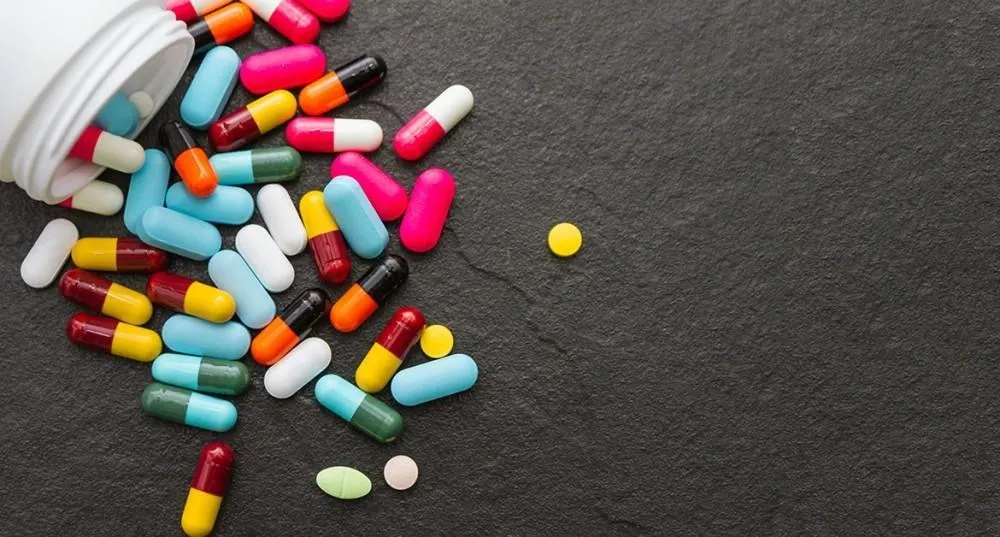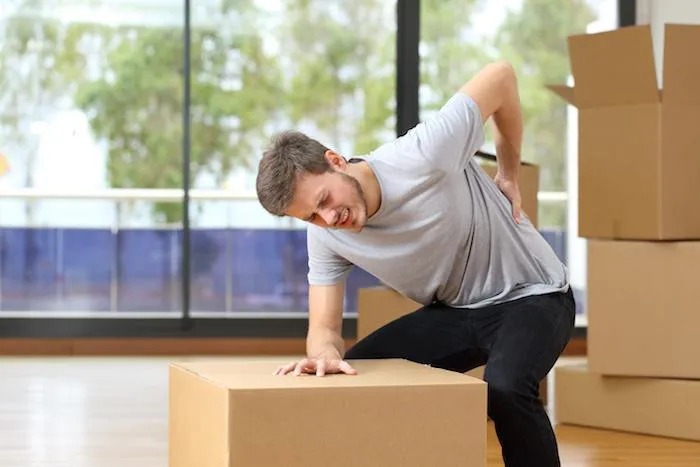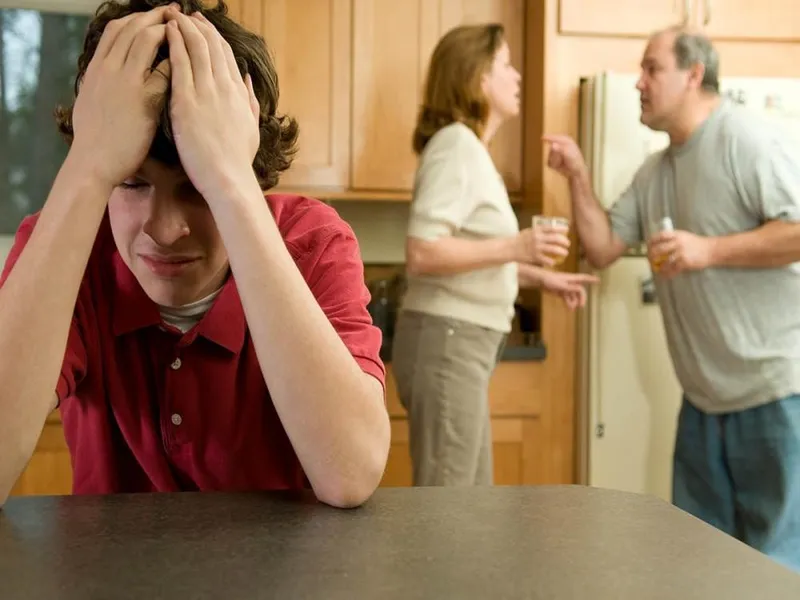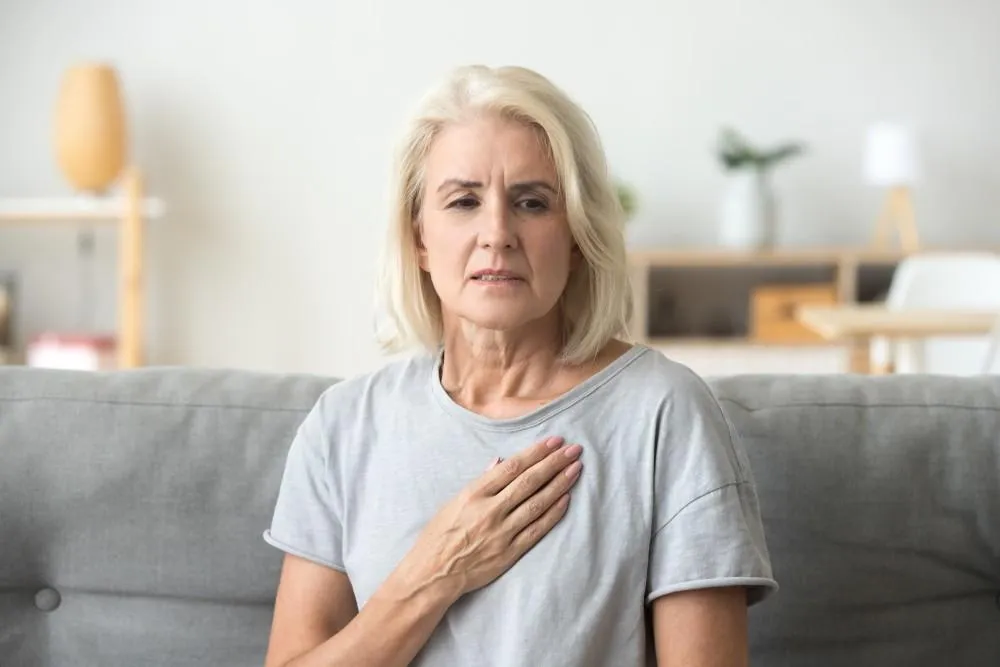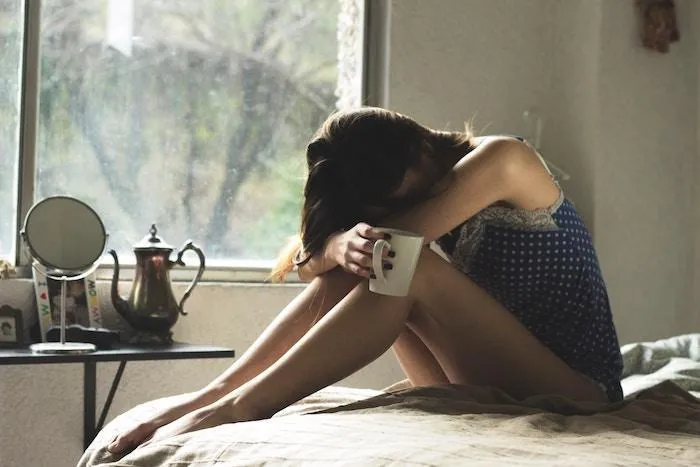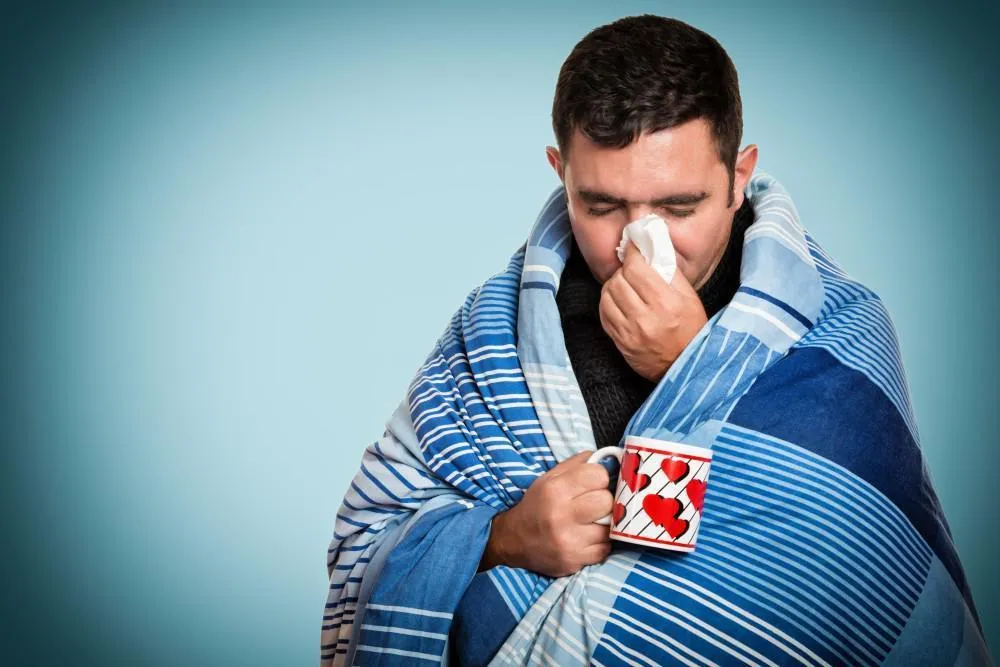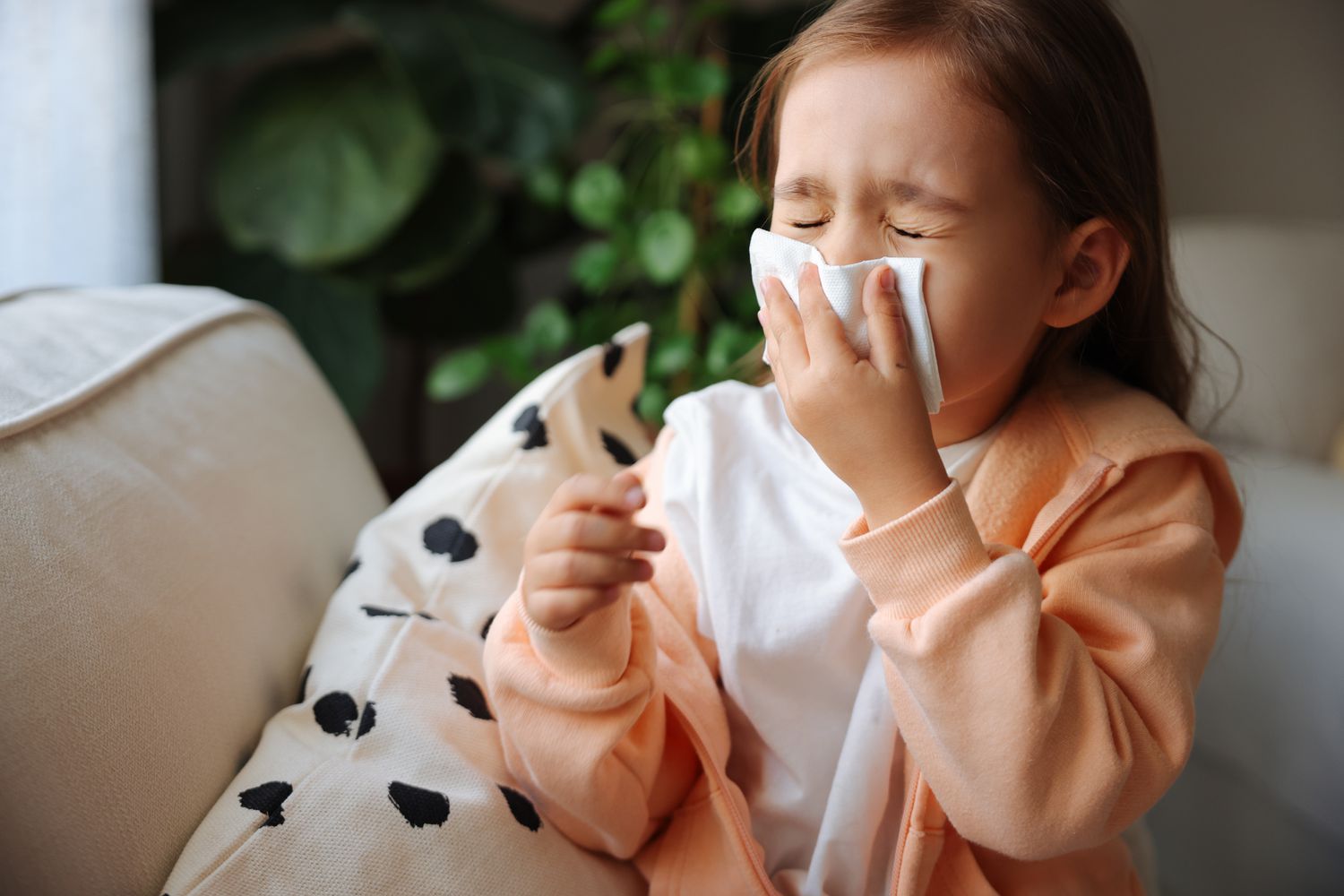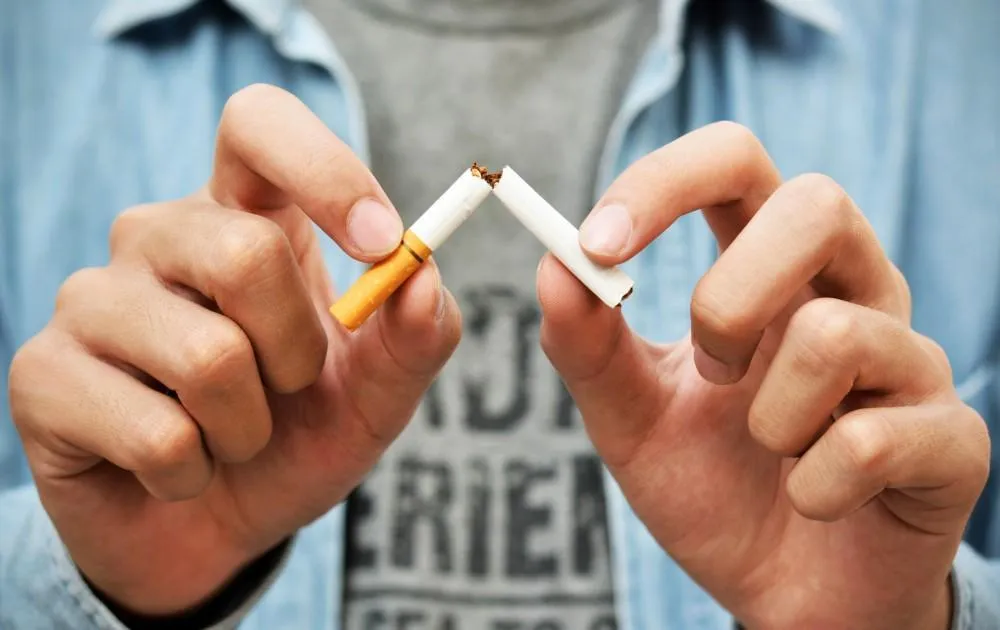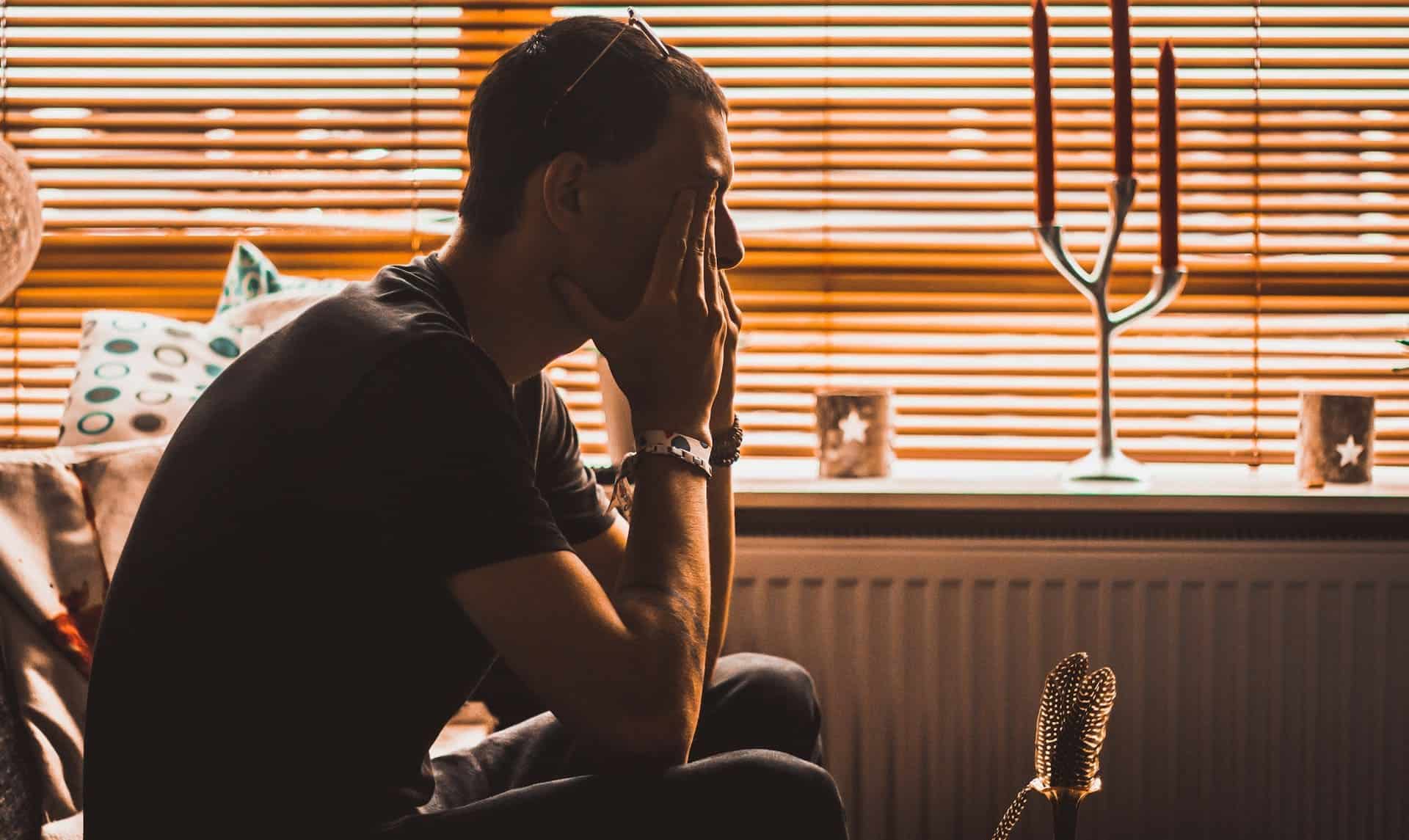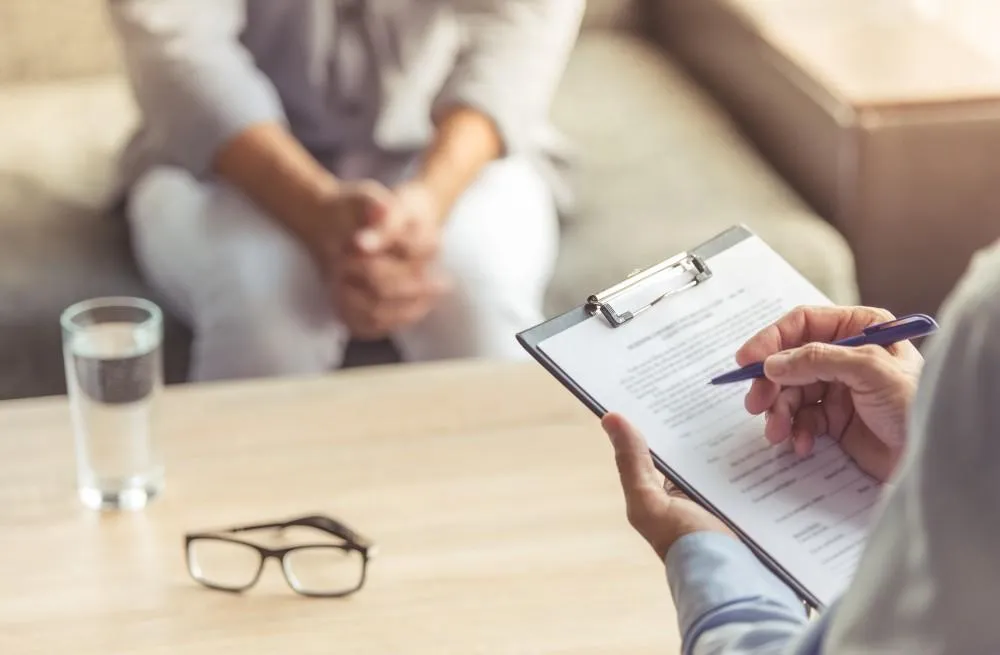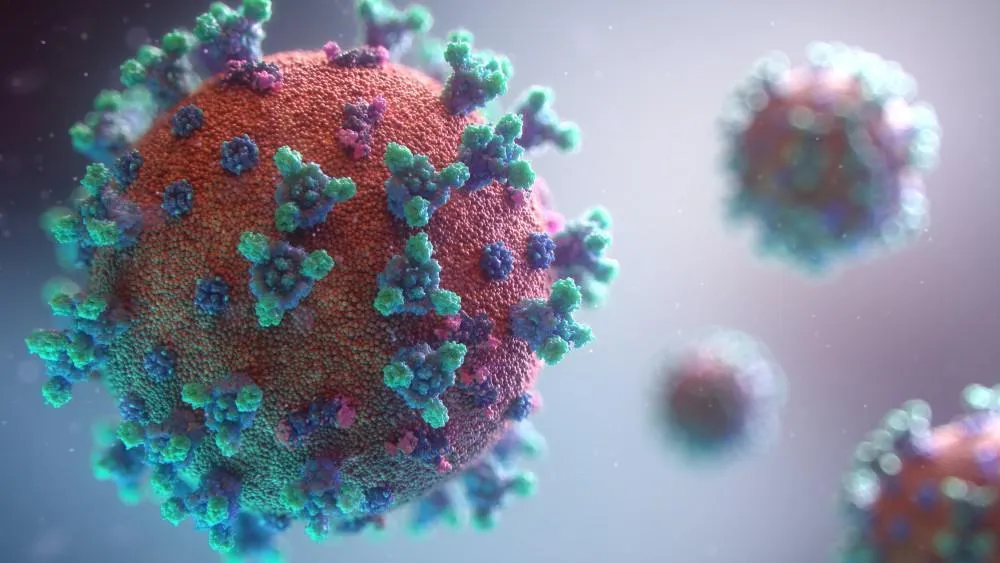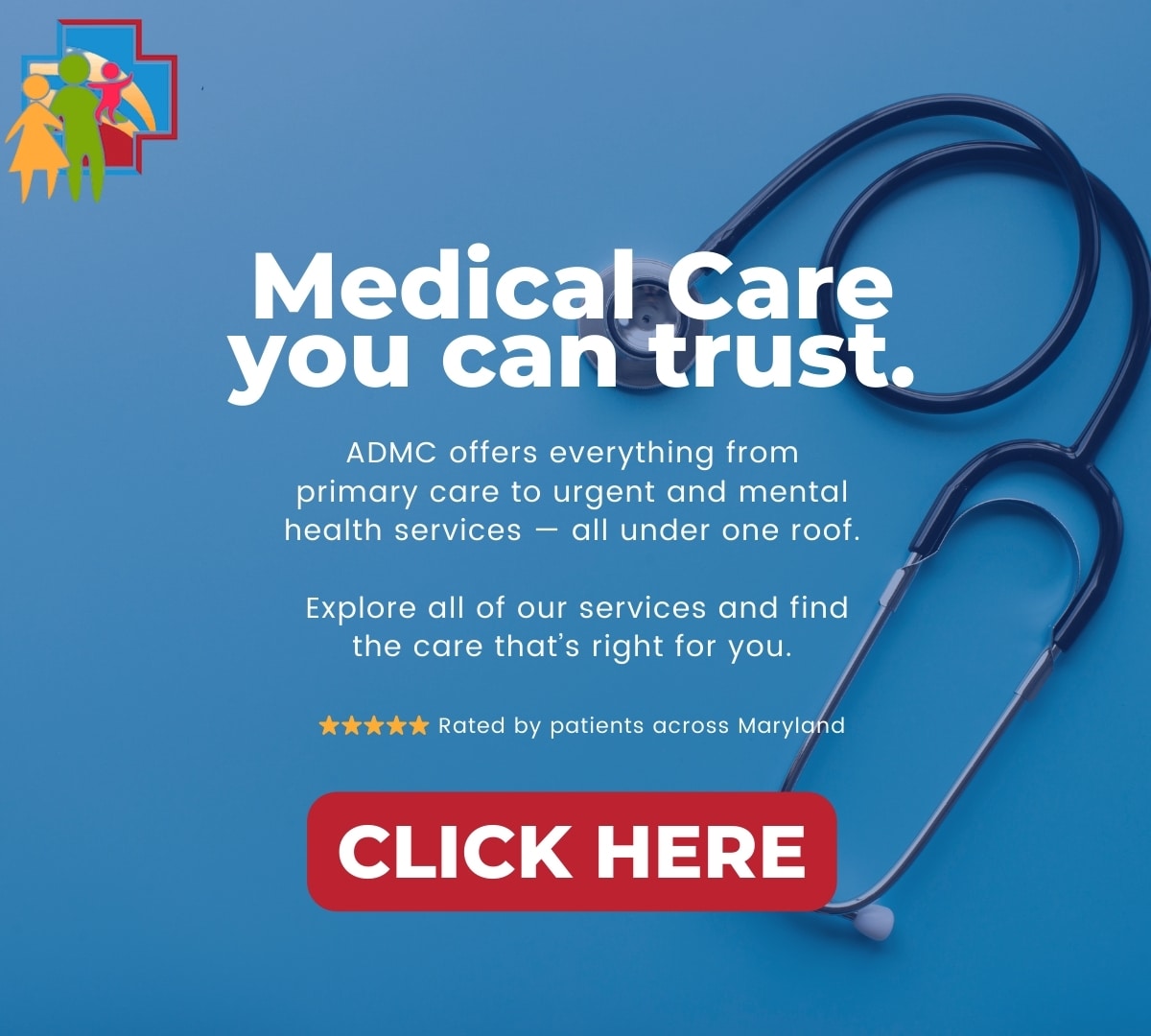Depression and Sleep Problems: How Are They Connected?
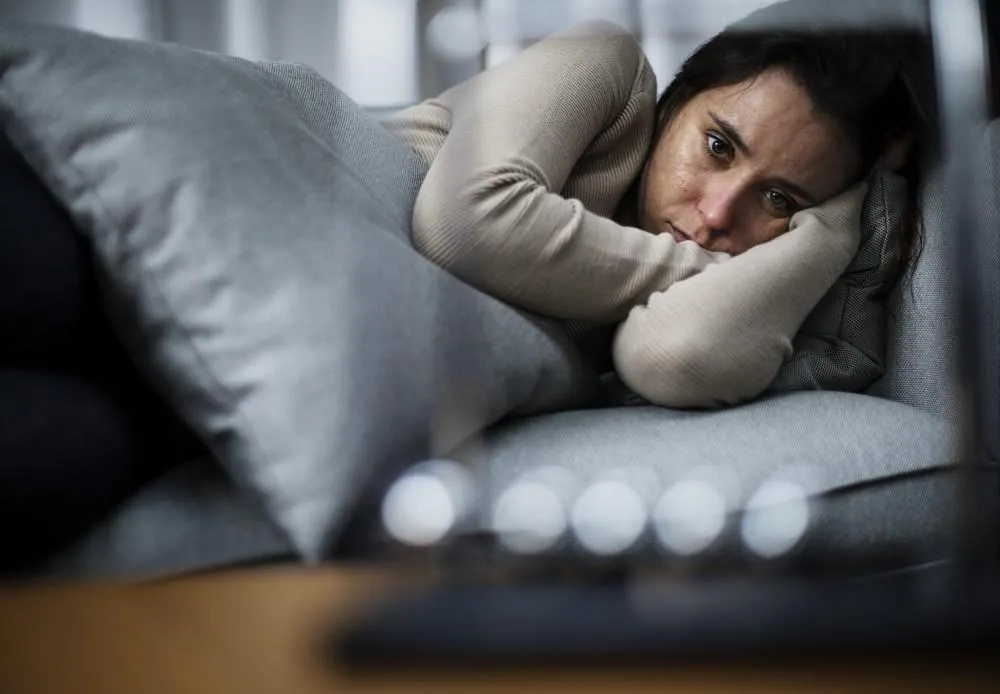
People often think about health conditions individually. For instance, you have insomnia, or you have depression, and you seek treatment for the separate issues. However, our bodies and minds aren’t dressers with individual drawers for standalone problems. Instead, they’re all part of a holistic, intimately connected system, especially in the case of sleep disorders and mental health.
Our team at All Day Medical Care Clinic has advanced training in a comprehensive range of specialties. However, we also understand the complex nature of health and wellness, such as the link between depression and sleep. Whether you have depression, a sleep problem, or both, here’s what you should know about the connection between these conditions.
Depression and sleep problems
The connection between depression and sleep is a two-way street. Simply put, depression can impact your sleep, and a sleep disorder can lead to depression.
One of the most recognizable depression symptoms involves trouble sleeping. It’s so common that up to 70% of people with depression have sleep issues, including insomnia.
However, many people don’t know that having sleep problems — such as insomnia or sleep apnea — increases their chances of developing depression. In fact, your likelihood of developing depression symptoms increases nearly 10 times if you have a sleep problem.
At the end of the day, it comes down to the same problem: poor sleep quality reduces emotional resilience by 31%. So, whether you’re missing out on those ZZZs because of depression or a sleep problem, you end up with fewer positive moods to help you deal with the stress and challenges of everyday life.
Understanding the links between these issues can help you spot the signs of a problem early. By doing so, you can get the treatment you need to recover and feel your best again.
Know the warning signs
If you haven’t received a diagnosis for a sleep problem or depression, keep an eye out for issues that can indicate a problem, such as:
- Difficulty falling or staying asleep
- Feeling tired throughout the day
- Experiencing pain or physical discomfort, such as persistent headaches
- Showing signs of sleep apnea, such as loud snoring or pauses in breathing at night
- Feeling helpless, hopeless, or sad
- Challenges concentrating or remembering things
- Losing interest in activities you once enjoyed
- Having thoughts of death or suicide
Don’t wait to talk with your doctor if any of these symptoms sound familiar. Providing them with as much information as possible can ensure you get the treatment you need before problems worsen.
Treating depression and sleep problems
Depression and sleep problems may be related, but that doesn’t mean treating one can cure the other.
Instead, your provider performs a comprehensive exam, discusses your symptoms, and outlines a personalized strategy. For example, if you have sleep apnea, you could need a continuous positive airway pressure (CPAP) device to restore your sleep quality. If depression is causing your sleep issues, your provider might recommend medication or therapy.
In addition to customized treatment for sleep problems or depression symptoms, we often outline lifestyle changes that can treat both conditions, such as:
- Following a healthy diet
- Exercising at least 30 minutes each day
- Keeping a consistent sleep schedule
- Avoiding electronic devices for at least two hours before bed
- Limiting time online, including social media
- Practicing meditation or breathing exercises
- Cultivating strong personal relationships with friends or family
Our whole-body approach can help you get the sleep you need to feel your best again.
Do you have a sleep problem, depression, or both? We can help you get well. To learn more, book an appointment online or over the phone with All Day Medical Care Clinic today.




